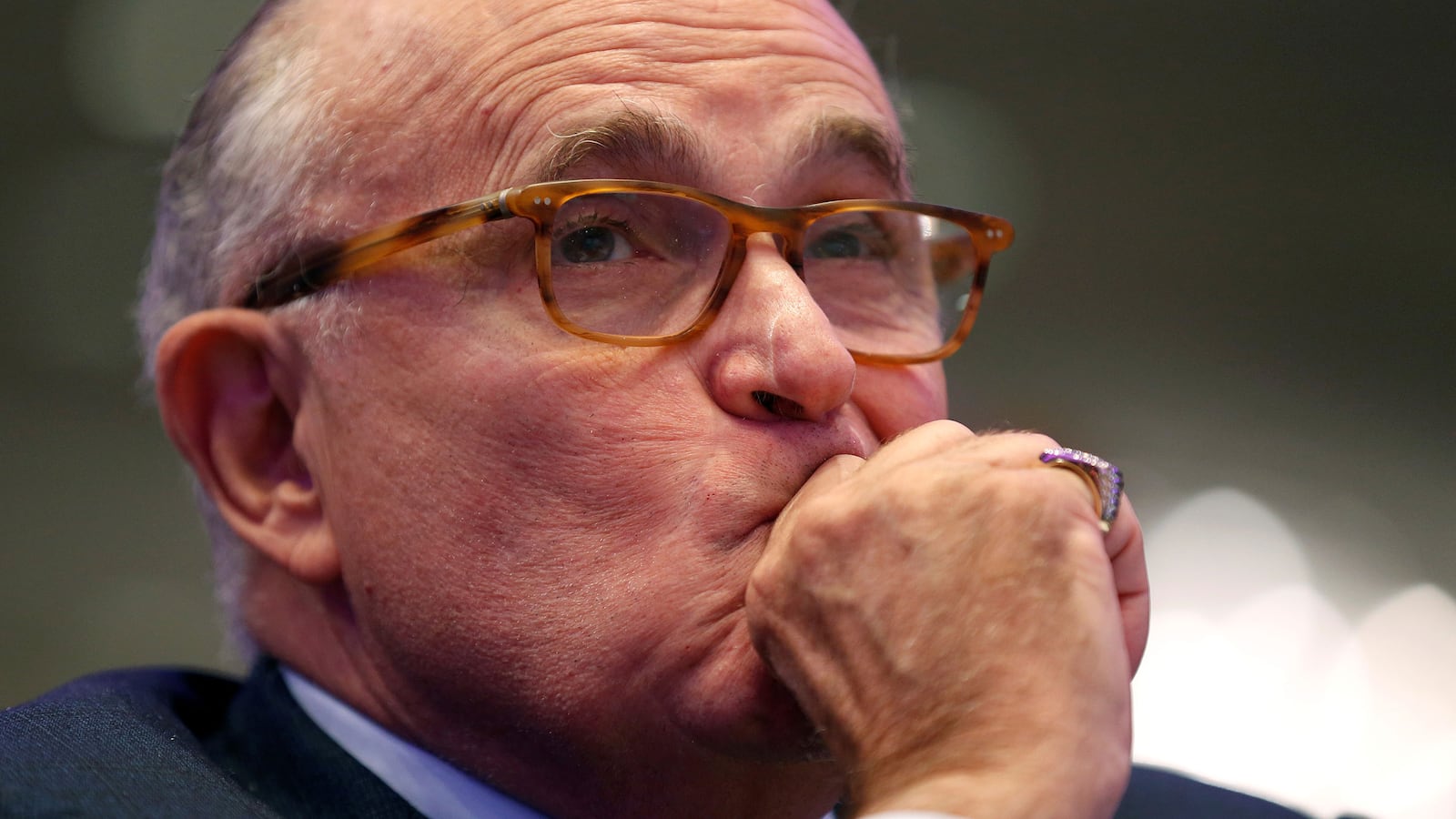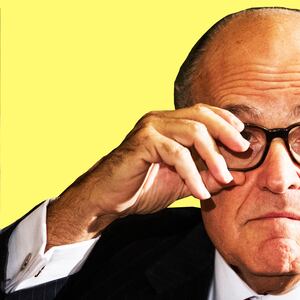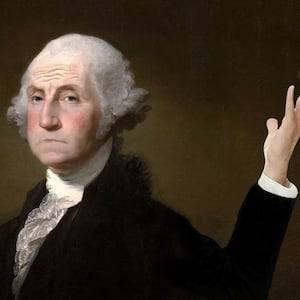Move along, nothing to see here, Donald Trump’s legal team is saying once again.
A day after Donald Trump told the New York Post that pardoning Paul Manafort is “not off the table,” the president’s lawyer dismissed the idea that he was sending a message to his besieged former campaign chairman that relief was on the way.
Rudy Giuliani told The Daily Beast on Thursday that the president’s interview remarks were “not a signal” to Manafort but merely a comment on the extent of his constitutional prerogatives.
“He has the constitutional power to, some time in the future, either pardon or not pardon. That doesn’t mean they’re gonna get a pardon! But, I'm sorry, the presidential power is there,” Giuliani emphasized. “The president, whether he says it or not, he has the power to do it.”
He added that, “no president has ever said in advance, ‘I'm not going to pardon anyone.’”
Giuliani’s comments may be technically true. But historians and political observers have also noted that no president has ever flaunted his pardon powers quite as liberally as the current one. And they suspect that there is, in fact, an underhanded reason for it.
Trump’s comment to the Post was perceived by some as a thinly disguised message to Manafort to stay loyal to the president as the former campaign chair increasingly seems to be. The New York Times had reported the day earlier that Manafort’s lawyers were still in contact with the Trump legal team through a joint defense agreement, even after Manafort had pleaded guilty and agree to cooperate with Special Counsel Robert Mueller. (Mueller’s team has since accused Manafort of having lied to them during that cooperation).
Rep. Jerry Nadler (D-NY), the likely next Democratic chairman of the House Judiciary Committee, told CNN that “even dangling a pardon” for Manafort could “fortify a claim or a charge of obstruction of justice against the president.” And there’s some historical basis for that argument. President Richard Nixon in the midst of Watergate privately promised pardons to aides and floated clemency for those implicated in the presidency-ending scandal. His own advisers warned him not to do it for fear of exacerbating his legal trouble.
Giuliani dismissed the notion that Trump had gone even further than Nixon, stressing again that he was merely commenting on legal powers and restrictions inherent to the office of the president.
“It was not intended as a signal,” Giuliani said. “It was intended to answer the question, ‘Are you considering a pardon?’ [If Trump hadn’t answered the question], that would have been considered a signal also! So, the guy is stuck.”
Echoing his boss’ attack on Mueller, Giuliani added something of a warning on Thursday, saying that the special counsel probe has had “serious implications and interferes with the presidency.”
“He should be careful... I think he’s being reckless. And he’s not being called out enough for it… or disciplined, or supervised,” the president’s lawyer said.






